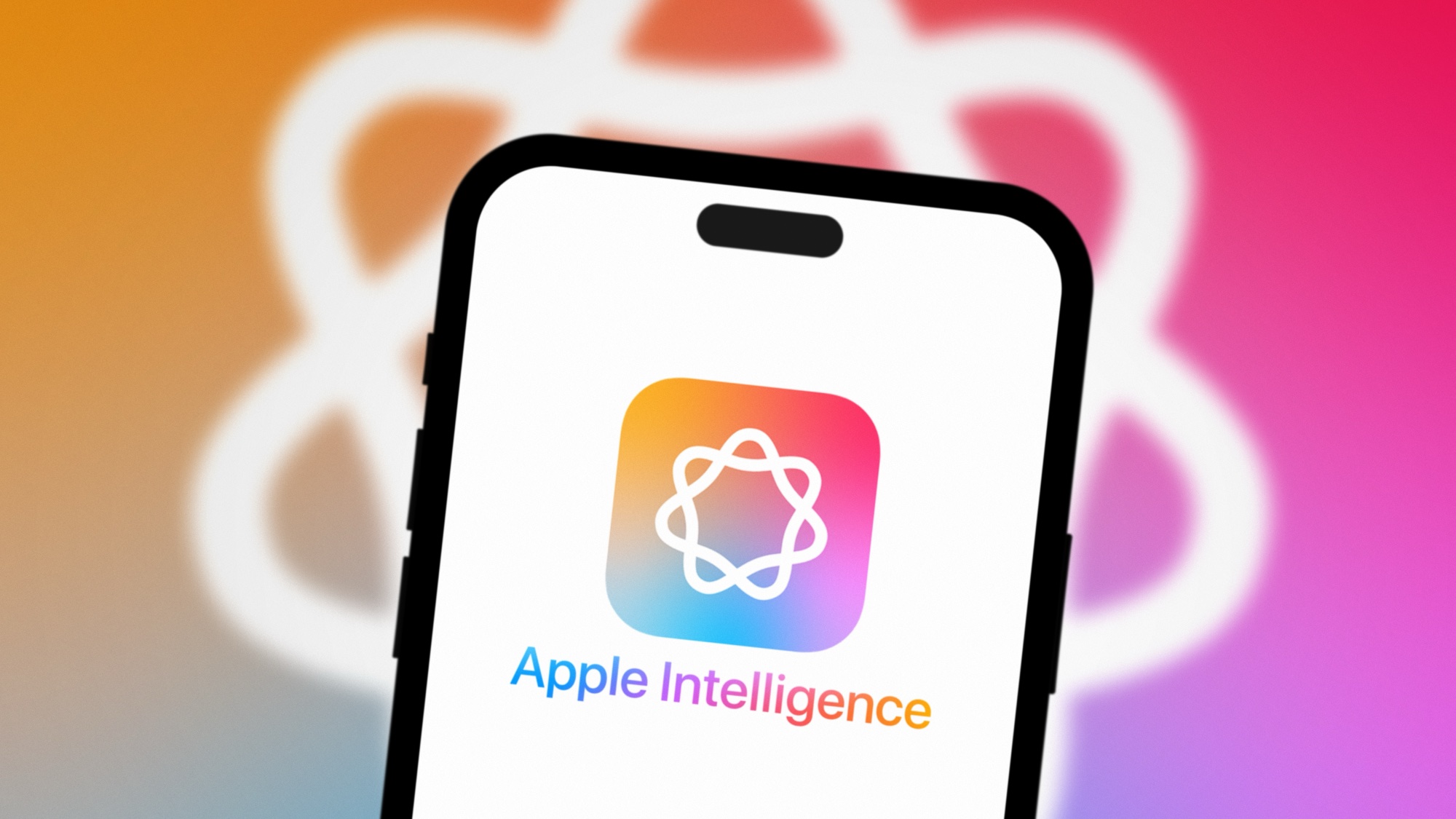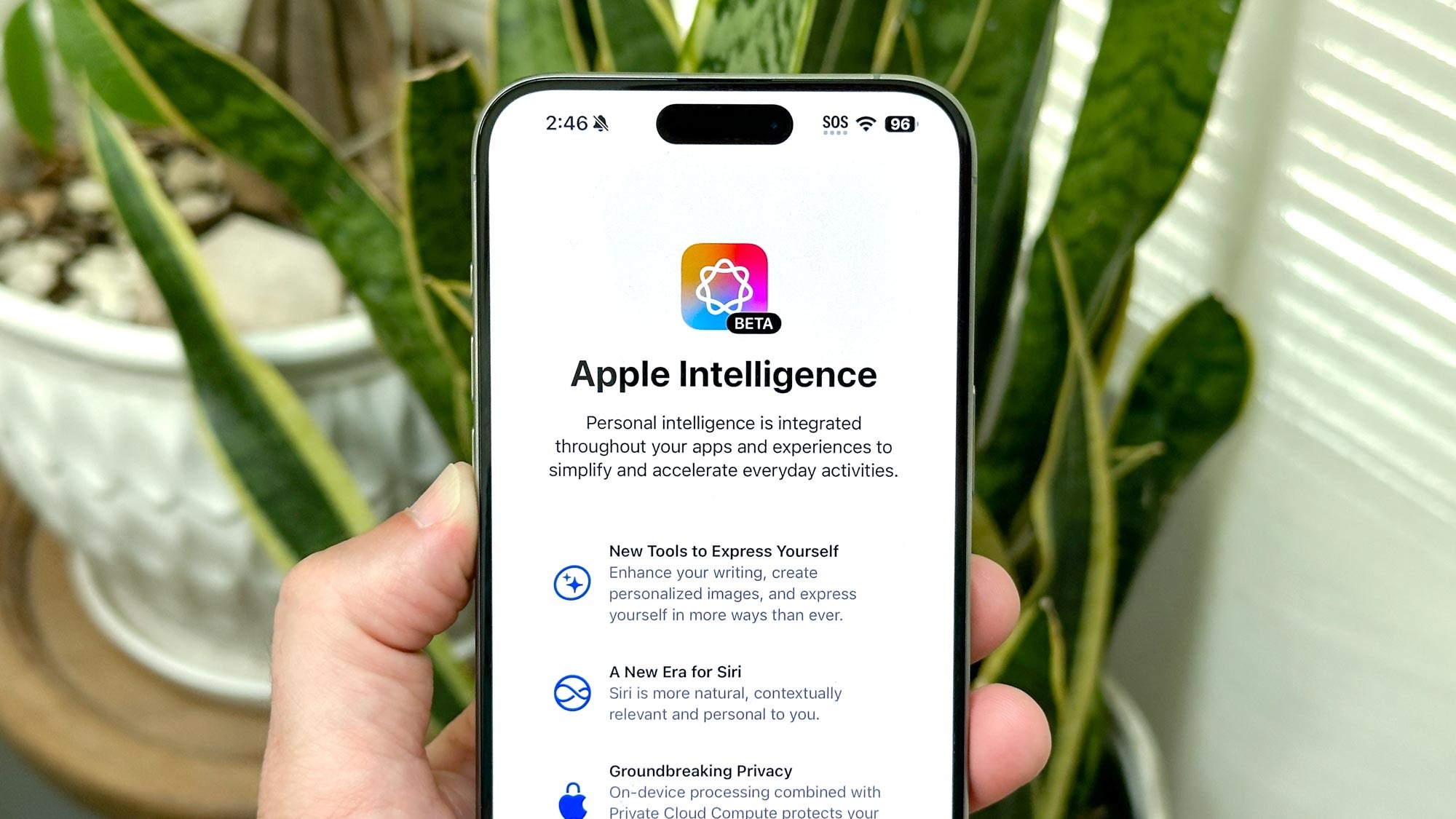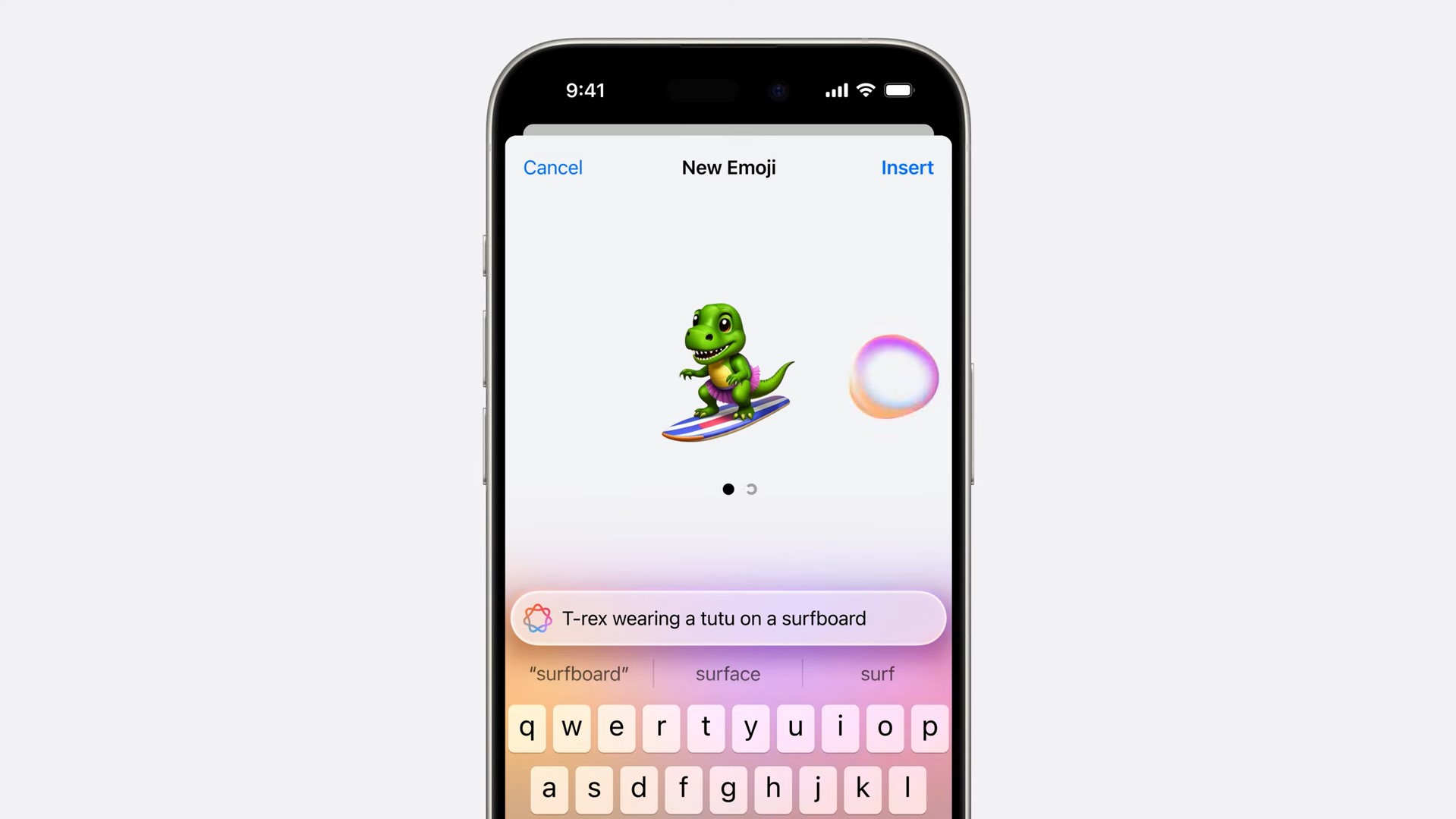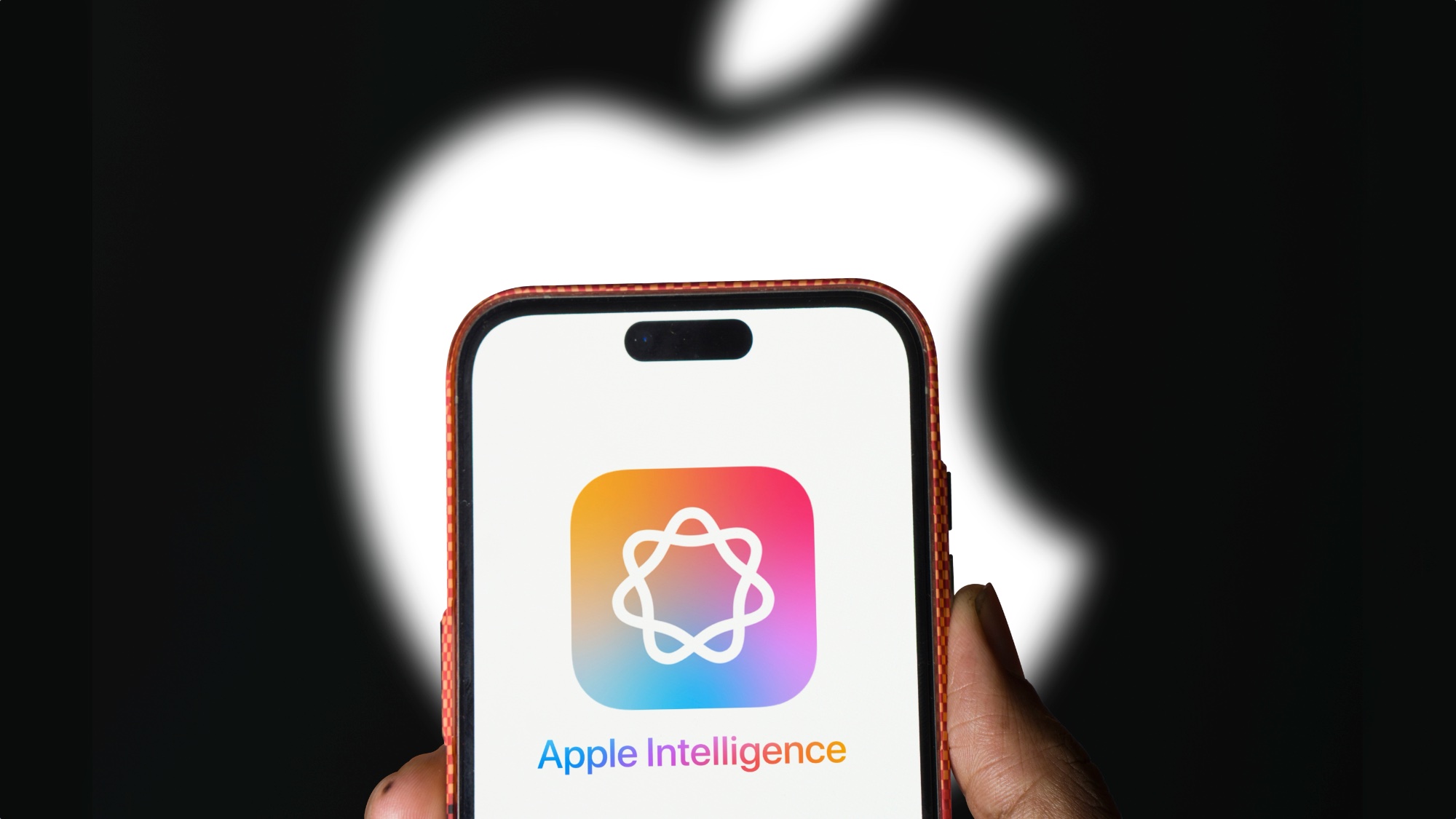
If you’ve seen any of the commercials for the iPhone 16 this year, then you’ll be abundantly aware that Apple Intelligence is one of the main focuses of this year's devices. Apple seemingly got caught out by AI’s rise in popularity, and Apple Intelligence represents its chance to catch up to the likes of Google and Microsoft by jumping onto the same bandwagon.
Apple has been incredibly forceful with pushing Apple Intelligence on the iPhone 16, to the point where you could be forgiven for forgetting that all four new models have various other upgrades that people can enjoy such as the Camera Control button, or fancy new camera lenses. And that's a problem, considering Apple Intelligence is only available to beta testers at the moment — and even then a few of the previously announced features aren't anywhere to be found
So no matter how much Apple tries to push the iPhone 16 as an “Apple Intelligence machine,” it’s pretty difficult to actually get excited for that AI. Because what’s being promised isn’t actually available yet.
Apple Intelligence is a work in progress

So far, it feels as though the iPhone 16 is more of a promise of future wonders, rather than Apple actually delivering them out of the door. The main focus of iPhone 16 marketing seems to be that these phones are built for Apple Intelligence, and Apple seems to be doing a lot to try and hype up the software suite in the run-up to Apple Intelligence's official public launch.
But we have no idea when that public launch will be, exactly. The iOS 18.1 public beta arrived earlier this month, giving non-developers the chance to try Apple AI for the very first time. But the closest we’ve got to an official non-beta release window is “October.” Which could means as soon as Monday or as late as Halloween.
Even then, Apple has made it clear that some features won’t be available right away, and “will be coming over the next year.” As in the next 12 months — not before the end of 2024 in case there’s any confusion on that front.
Genmoji is a good example of a feature that still isn’t available, even in the iOS 18.1 beta. Despite being highlighted during WWDC 2024, Glowtime and Apple’s iPhone 16 commercials, there is no way to create your own custom emojis in the Messages app. Apparently this feature won’t be arriving until the launch of iOS 18.2 at the earliest, which is hardly ideal. The same is true for Image Playground’s generative image generation and ChatGPT integration.
The latter feature is arguably the most important part of Apple Intelligence, since it gives iPhone users the ability to use some kind of AI chatbot to help them with problems or queries — and the ability to analyze images and hold those conversations in real time. Really, the promised upgrades to Siri are the only thing more crucial than ChatGPT, and while we have had some conversational upgrades on iOS 18.1 beta we aren’t expecting to see more advanced features until iOS 18.4.
According to Bloomberg's Mark Gurman, features like on-screen awareness, personal context and deeper in-app controls won’t be available for Siri until sometime in spring 2025.
Judging by what’s available, not what’s being promised

It’s understandable why Apple would push Apple Intelligence so hard. AI is a big deal, and while Apple’s normal modus operandi is to dither about for years before making any attempt at a new kind of market, it's clearly realized it can’t afford to be left behind in the AI race. So it’s done what any other big-tech firm will do: Make grand promises about what’s coming, in the hopes that hype alone will be enough to sustain it.
The question is whether Apple can avoid the pitfalls the rest of Silicon Valley is constantly stumbling into. Over promise and under deliver is what people like Elon Musk do best, and over time that can erode the public’s trust.
Normally Apple would avoid this by keeping quiet about everything it’s doing, because it’s harder to disappoint people if you don’t tell them what you’re working on. Doing things differently means the pressure is on for Apple to knock it out of the park with Apple Intelligence, and not score an own goal that would make the failure of AirPower look like a stubbed toe.
The problem is that it’s impossible to judge what hasn’t happened yet, and the constant use of “coming soon” makes it really difficult to get excited about Apple Intelligence as a whole. Hype only goes so far, and while Apple is often the master of hooking people in with its products and services, it tends to have good reason to since those products are usually available right away. That way, people can experience what’s on offer without weeks or months of waiting.
And naturally tying Apple Intelligence with the iPhone 16 so forcefully has the potential to add any uncertainty surrounding the future of Apple Intelligence to Apple’s flagship product line. After all, if you're not sure what the future software updates might involve, you may be more inclined to hold off on picking up that phone right away — especially if the attention surrounding the unreleased features drowns out hype around the upgrades that are available on Day One.
Perhaps that’s part of the reason why iPhone 16 demand is a little softer than the iPhone 15’s was. Analyst Ming-Chi Kuo certainly seems to think that’s the case, anyway.
Bottom line

There’s a lot of things to like about the iPhone 16 lineup. It’s got strong battery life, greatly improved performance, and includes some of the best camera phones you can buy right now. Not to mention the fact that some long overdue upgrades have spread to other devices, like the iPhone 16 Pro’s tetraprism lens or the iPhone 16’s Action button.
I’m not saying Apple Intelligence doesn’t have a lot of potential — but potential is all it really has right now. Not only is the available version of the software still in beta, and officially unfinished, Apple has promised us a lot of stuff that won’t be arriving for months. It’s very difficult for me to care, let alone get excited, about something that won’t be here until an undetermined point in the future.
But hey, at least the features we know about will be free. Google Gemini Advanced-style paywalls may happen one day, but at least it’s not happening for a while yet.







